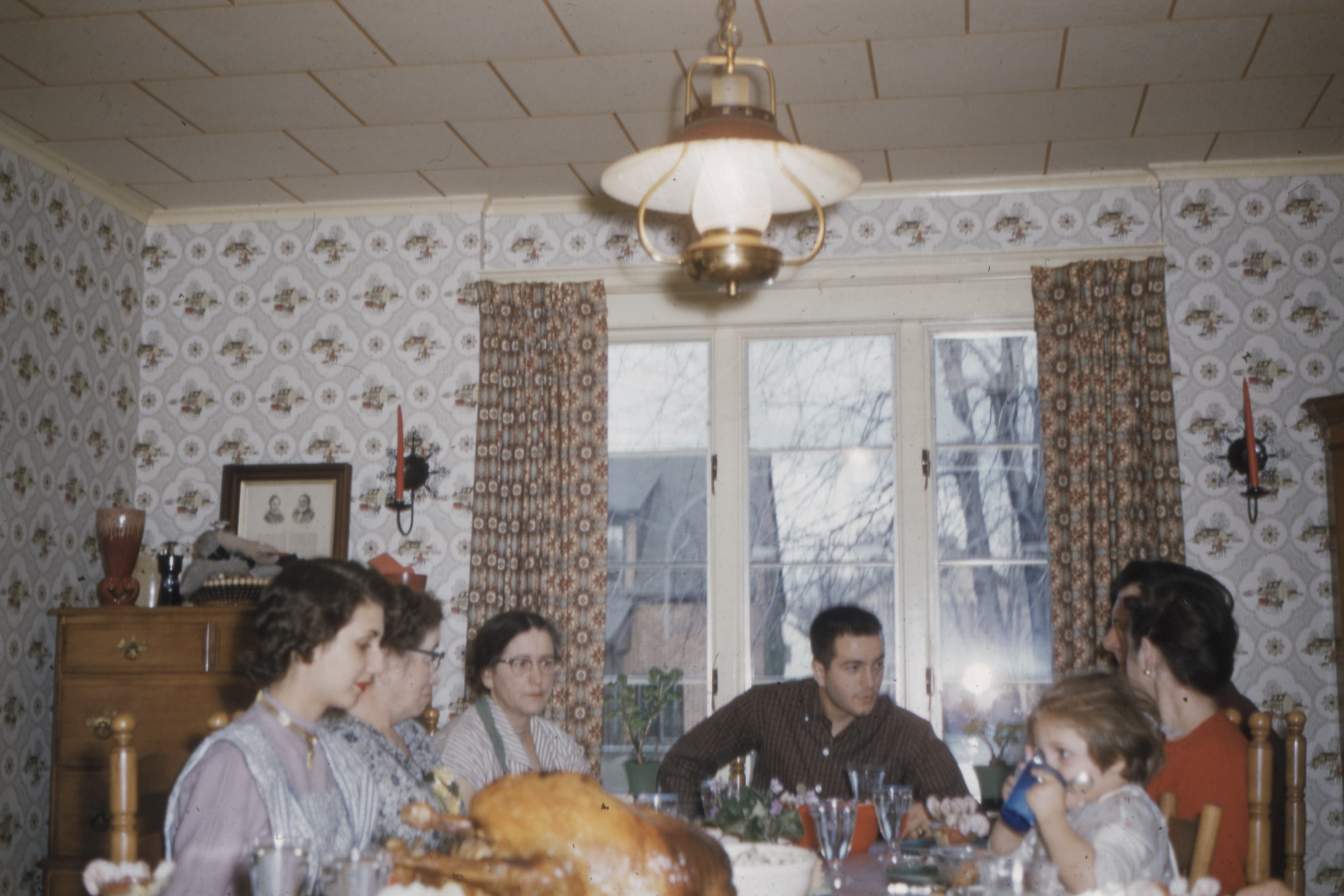
Photo by The Joy of Film on Unsplash
What can you learn from Uncle Charlie at Thanksgiving? Practical tips to help you enjoy the holiday.
Rev. Margaret Marcuson
November 25, 2019
Thanksgiving is a time when many families gather together. It can be a wonderful and blessed time, without the stress of Christmas gifts and traditions.
But not always. It can mean dealing with Uncle Charlie. Fill in the blank for your own family member who challenges you, intentionally or unintentionally. It might be a real live uncle whose political views you find shocking. It might be a sibling whose life course has not taken the family-approved direction. Or, you may be the one whose life course didn’t fit the program, and you may be dreading the family interrogation or criticism.
Here’s another approach: Instead of dreading the conversation, get curious. Instead of arguing or defending or criticizing out loud or internally, ask questions, without an agenda to persuade or pressure or help. You can ask questions about the matter at hand, or, even better, shift the conversation by asking questions about the family story or the individual’s life.
For Uncle Charlie:
What’s your most vivid memory of your mother?
Do you remember your grandparents? What stories did you hear about them?
What do you remember most about my mother/father growing up?
When did you meet Aunt Susie? How did you know you wanted to marry her?
For a family member who hasn’t quite measured up:
Instead of giving advice about job-hunting, recovery programs or faith, ask their advice about something they know about and that you genuinely need help with: I’ve got a problem—can you help me with ____________?
Or: What do you remember about that camping trip to the beach when we were kids?
What do you remember about our grandparents?
For family members who grill or criticize you about your life choices:
When did you first decide to do the work you do? Why was that?
What was it like when your first child was born?
What do you love most about your church?
If you notice yourself getting irritated or even angry, breathe. Pray for the person. This is not simply to be a “good” or “spiritual” person. It’s more about your own growth in relation to difficult people. Practicing in the family will help you in every other environment—because family is where it’s the hardest.
Make a plan before you get there, or before they arrive. Set some mini-goals for yourself. Some examples:
Breathe.
Pray.
Don’t try to convince anyone of anything.
In advance, prepare your list of possible questions. Write them down and put them in your pocket so you can pull out your list and review in the kitchen or even the bathroom if needed.
Why take this approach, instead of withdrawing or diving in for a good argument? You may learn something new about family members, or the family as a whole. More importantly, it puts you in a different position in relation to them. It helps you open up to them. You step back from your judgment of them or their judgment of you, which changes the relationship—even if they don’t change. You will probably have a lot more fun. And you may enjoy your turkey more.
For better and for worse, your family through the generations has shaped you. Even the family members who push your buttons have strengths that have helped them navigate the world, even if their views and choices are radically different from your own. They may have something to teach you, if you are open to learn.
The Rev. Margaret Marcuson helps ministers do their work without wearing out or burning out, through ministry coaching, presentations and online resources.
The views expressed are those of the author and not necessarily those of American Baptist Home Mission Societies.


